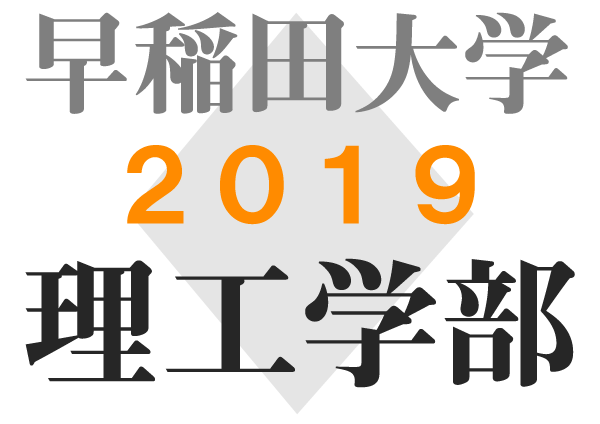【大問2 適語補充 完成文】
If you had driven north on Highway 101 toward San Francisco a few summers ago, you might have noticed a banner hanging from a freeway bridge. “What have future generations done for us?” it asked. The question not only answers itself, but implies a follow-up question, as was presumably the intention of the anonymous provocateur who posted it. If future generations have given us nothing, should we spend our hard-earned money trying to make the world better for them? This issue has long hovered over discussions of climate change, but it came into acute focus over the past few weeks as two new reports were released by the Intergovernmental Panel on Climate Change, the United Nations body that periodically reviews the science and economics of the issue. Scientists have struggled for decades to understand what might happen to the earth, physically, if we continue pouring the greenhouse gases into atmosphere at ever-rising rates. They have made some headway, but the uncertainties remain substantial. The worst-case possibilities are deeply frightening, but the likelihood they will become a reality is unknown. All the more difficult, then, is the task of figuring out what the projected climatic changes might do to human society, which is in large part an economic question. How severe will the damages be; what present-day policies might reduce them; and are they a worthwhile investment compared to the many alternatives for spending our money? Some economists are bravely tackling these issues.


質問と回答